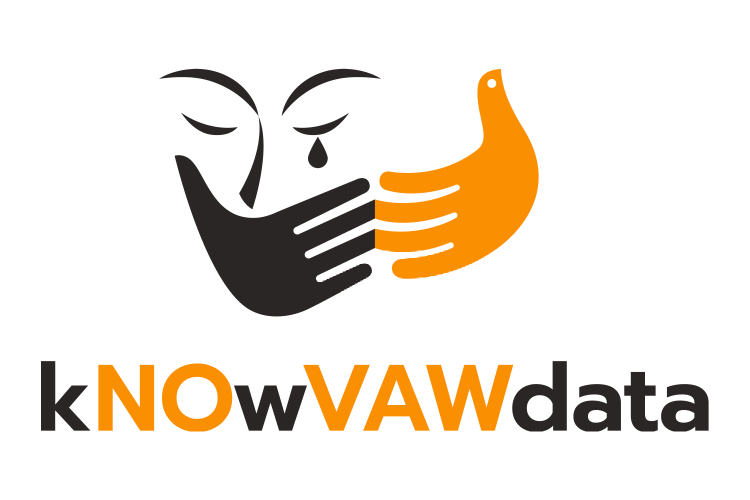Knowledge Hub

The Knowledge Hub provides links to resources supporting the measurement of violence against women and has been funded under the Pacific Spotlight Initiative. While starting with a primary focus on Pacific resources and global resources which are applicable for the Pacific region, the Knowledge Hub will continue under the UNFPA kNOwVAWdata initiative to support global knowledge exchange and a strong community of practice. The strength of this Knowledge Hub is the opportunity to share resources and support all regions of the globe.
If you would like to share links to be added to the Knowledge Hub, please send them to knowvaw-program@unimelb.edu.au.
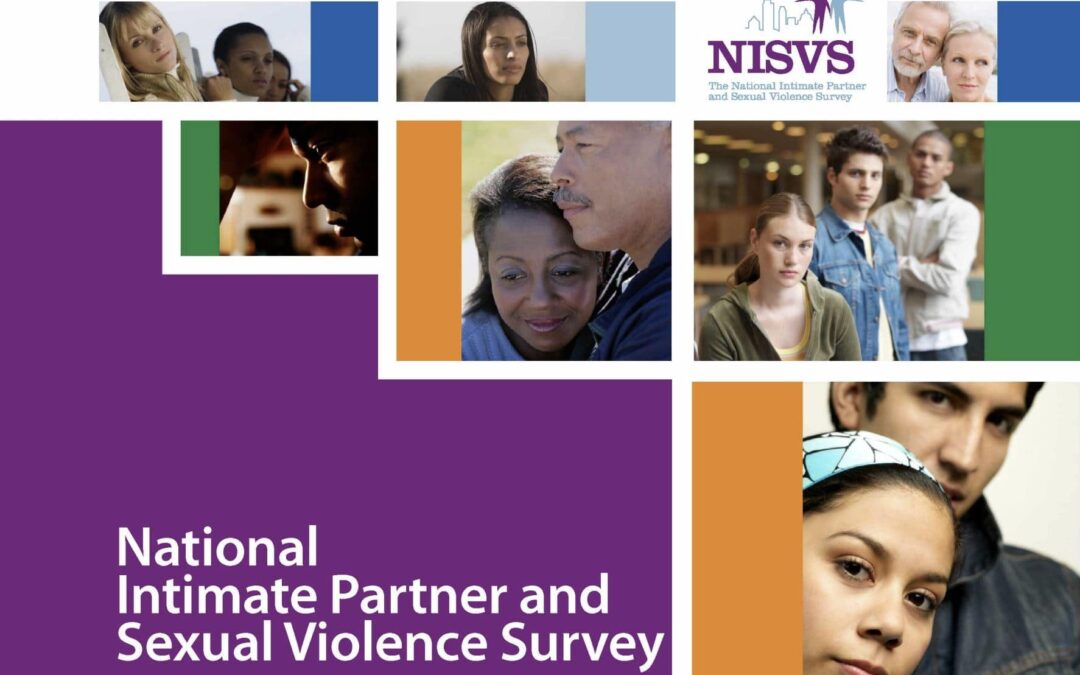
The National Intimate Partner and Sexual Violence Survey
The primary objectives of the National Intimate Partner and Sexual Violence Survey are to describe: The prevalence and characteristics of sexual violence, stalking, and intimate partner violence, Who is most likely to experience these forms of violence, The patterns and impact of the violence experienced by specific perpetrators, The health consequences of these forms of violence. The National Intimate Partner and Sexual Violence Survey is an ongoing, nationally representative random digit...
New Survey Methodologies in Researching Violence Against Women
This paper assesses the methodologies of the new national surveys of violence against women, including those in the US, Canada, Australia, Finland and the Netherlands, as well as the British Crime Survey. The development of large‐scale quantitative survey methodology so as to be suitable for such a sensitive subject has involved many innovations. The paper concludes with recommendations for further improvements including: the sampling frame, the scaling of both sexual assaults and range of...
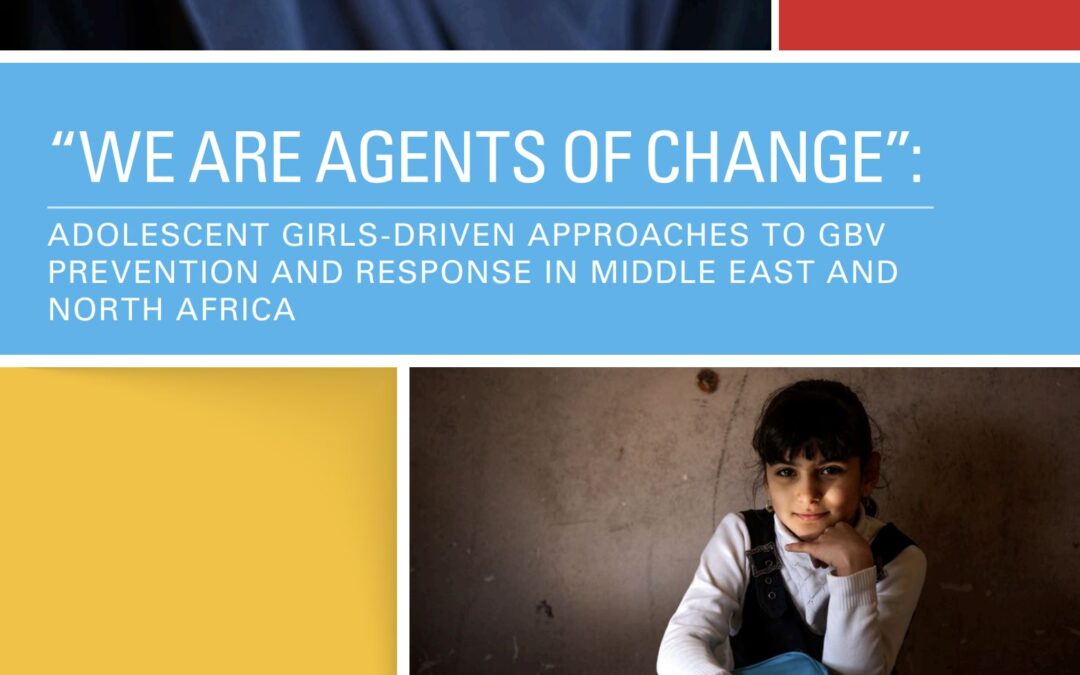
We are Agents of Change: Adolescent Girls Approaches to Gender-Based Violence Prevention and Response in Middle East and North Africa
This brief outlines adolescent girl-led approaches to GBV prevention and response in Middle East and North Africa including: access to gender-sensitive health information, peer-to-peer awareness in Syria, cross sectoral approaches to child marriage in Yemen and supporting adolescent girls empowerment and agency in Iraq.
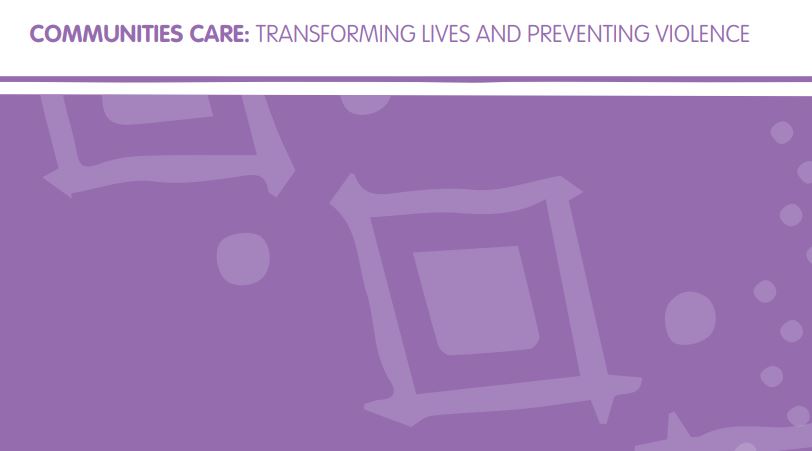
Communities Care: Transforming Lives and Preventing Violence Programme
UNICEF developed the Communities Care: Transforming Lives and Preventing Violence Programme (CC Programme) based on evidence and experience that show that changing collective beliefs and unspoken rules in communities can lead to change in collective practices and behaviours.
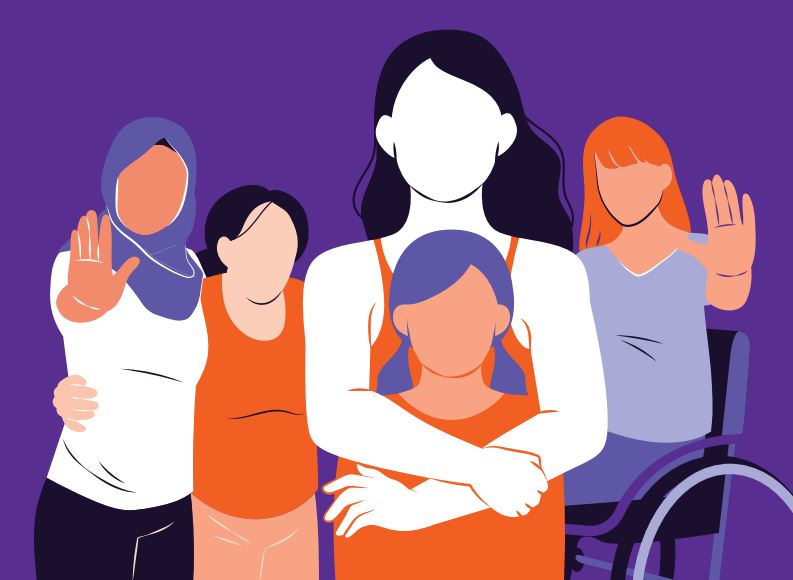
National Study on Violence against Women in Georgia 2022
UN Women teamed up with the National Statistics Office of Georgia (GEOSTAT) to conduct a second nationwide study on violence against women in Georgia in 2022. Building on the initial study in 2017, the 2022 survey significantly expanded its methodology to include additional forms of intimate partner violence, non-partner violence, sexual harassment, stalking, as well as attitudes and social norms related to violence against women. A total of 3,300 women and 1,104 men were interviewed across...
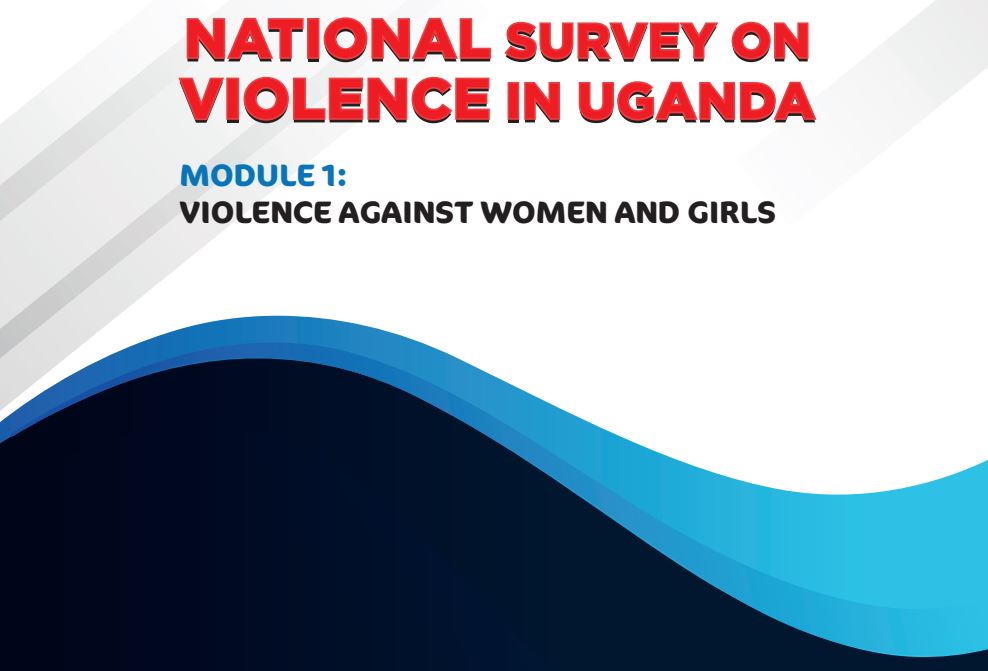
National Survey on Violence in Uganda Module I: Violence Against Women and Girls
The primary objective of the survey on Violence against Women and Girls was to provide up to date estimates of indicators on VAWG. The information collected is intended to assist policy makers and program managers in evaluating and designing programs and strategies for eliminating VAWG in Uganda.
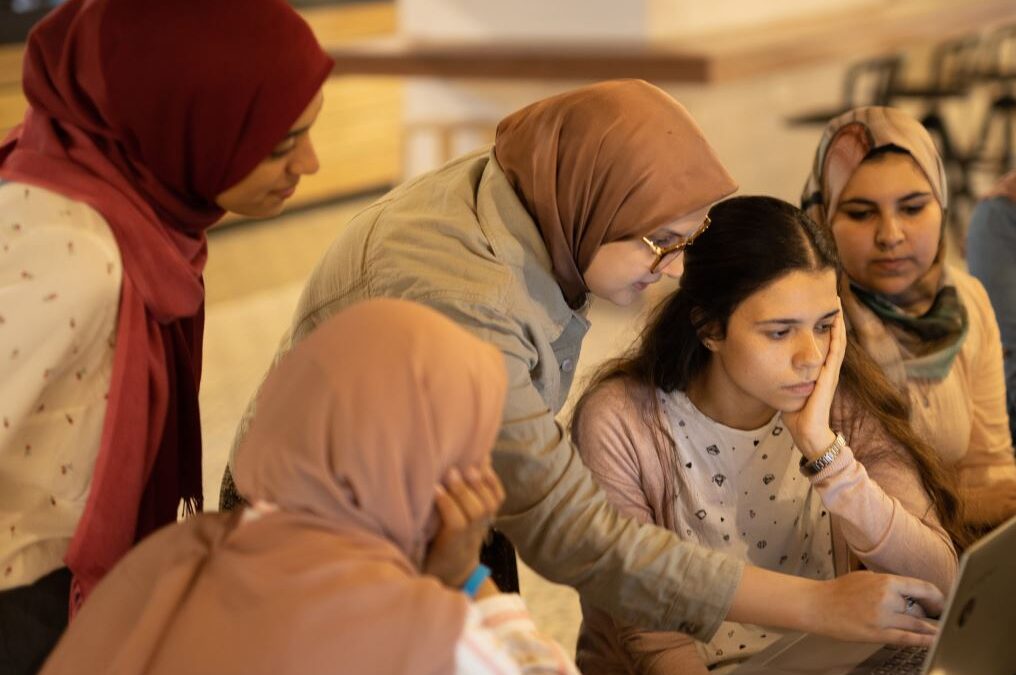
Violence Against Women in the Online Space: Insights from Multi-country Research in the Arab States
To better understand online violence in the Arab States, a subsequent research project explored its prevalence, impact and consequences and the barriers to services and reporting. Three complementary exercises comprised a quantitative web-based survey in eight countries with nearly 12,000 respondents, examining the prevalence, perceptions and implications of online violence; qualitative research to explore experiences of online violence through the lens of civil society organizations, women’s...

Violence Against Women: An EU-wide Survey – Main Results
This report is based on interviews with 42,000 women across the 28 Member States of the European Union (EU). The survey asked women about their experiences of physical, sexual and psychological violence, including incidents of intimate partner violence (‘domestic violence’), and also asked about stalking, sexual harassment, and the role played by new technologies in women’s experiences of abuse. In addition, it asked about their experiences of violence in childhood.

Violence Against Women: An EU-wide Survey – Survey methodology, sample and fieldwork (Technical Report)
This report presents a detailed overview of the research methods used by FRA when collecting survey data on women’s personal experiences of various forms of violence. FRA started to develop the survey through desk research and stakeholder consultations in 2010, followed by a pre-test study in six EU Member States in 2011 to test a draft questionnaire. The full-scale survey in the EU-28 was carried out in 2012.
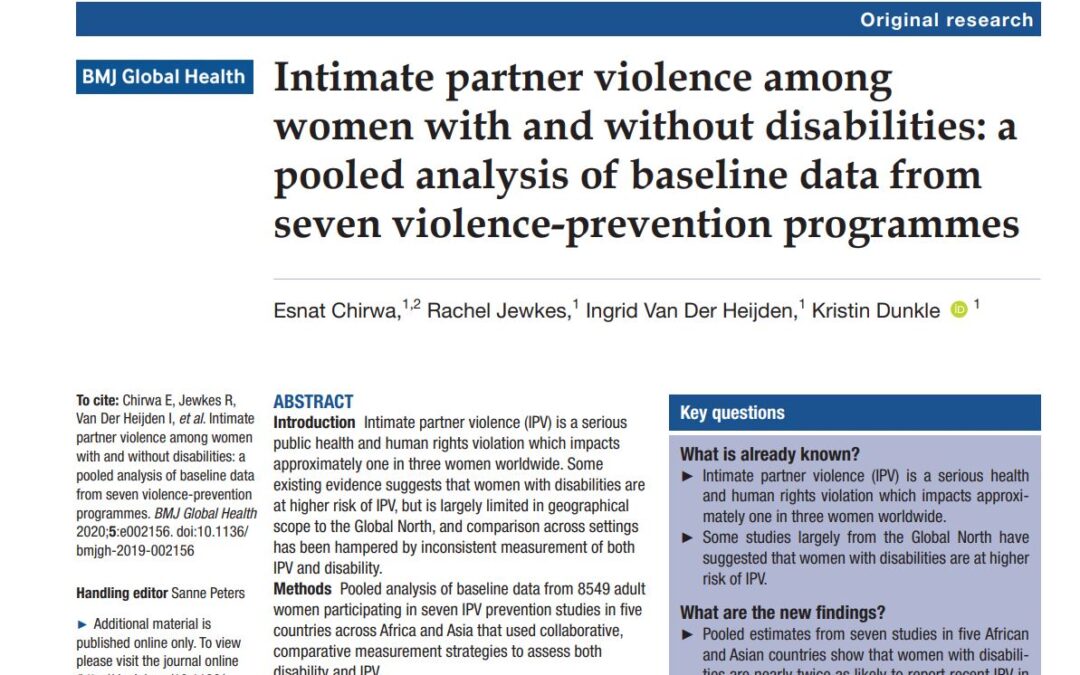
Intimate partner violence among women with and without disabilities: a pooled analysis of baseline data from seven violence-prevention programmes
Pooled analysis of baseline data from 8549 adult women participating in seven IPV prevention studies in five countries across Africa and Asia that used collaborative, comparative measurement strategies to assess both disability and IPV.
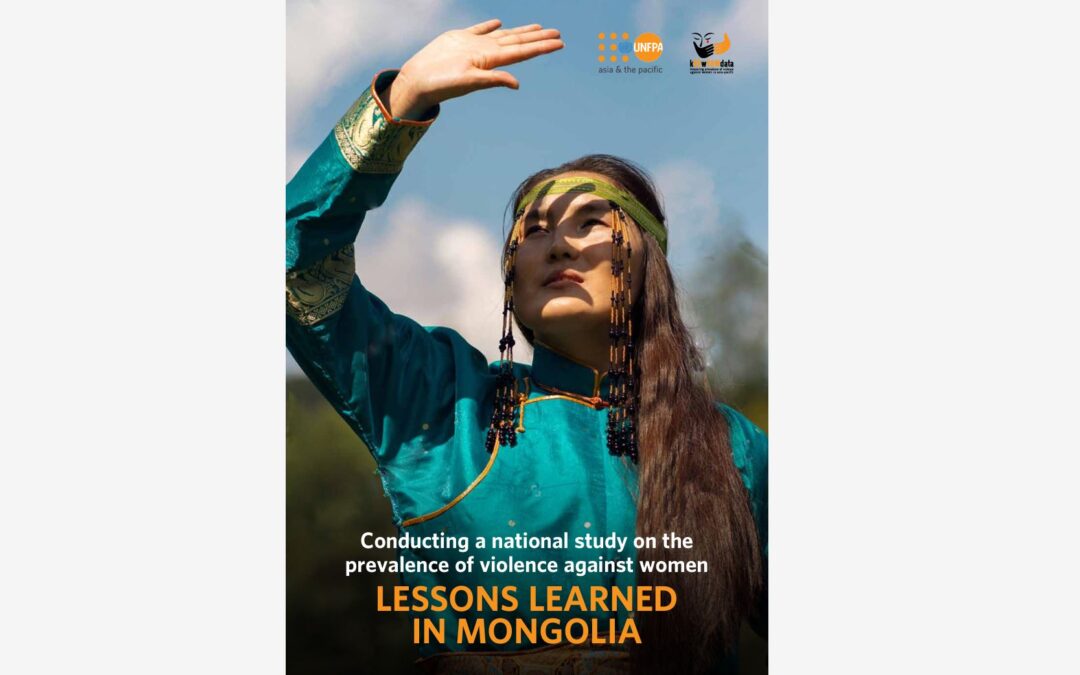
Conducting a national study on the prevalence of violence against women: Lessons learned in Mongolia
This document aims to help other program and project coordinators and researchers undertaking violence against women prevalence surveys to anticipate and address some of the challenges they may face. It contains lessons learned gathered after completing the Mongolia study and launching the results.
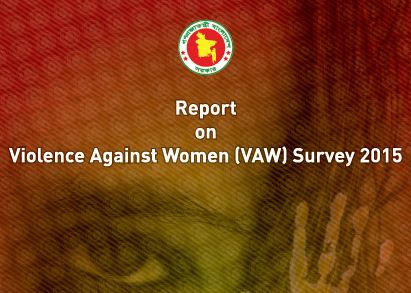
Bangladesh Violence Against Women Survey 2015
The Bangladesh Bureau of Statistics has conducted the second round of the VAW survey in 2015. The main objective of the survey is to generate official statistics on the prevalence of different forms of violence against women.
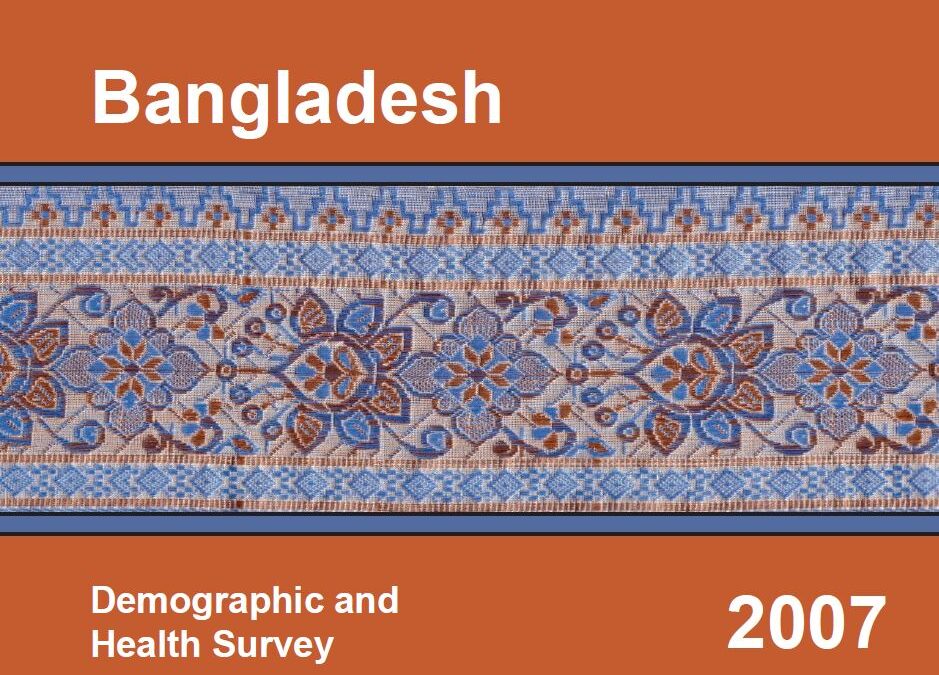
Bangladesh Demographic and Health Survey 2007
National Institute of Population Research and Training (NIPORT) Dhaka, Bangladesh
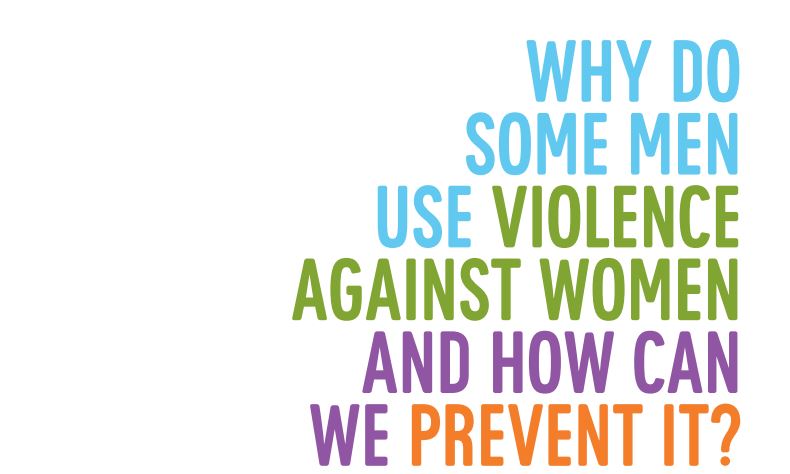
UN Multi Country Study on Men and Violence
A UN study of 10,000 men in Asia and the Pacific found that overall nearly half of those men interviewed reported using physical and/or sexual violence against a female partner, ranging from 26 percent to 80 percent across the sites studied.
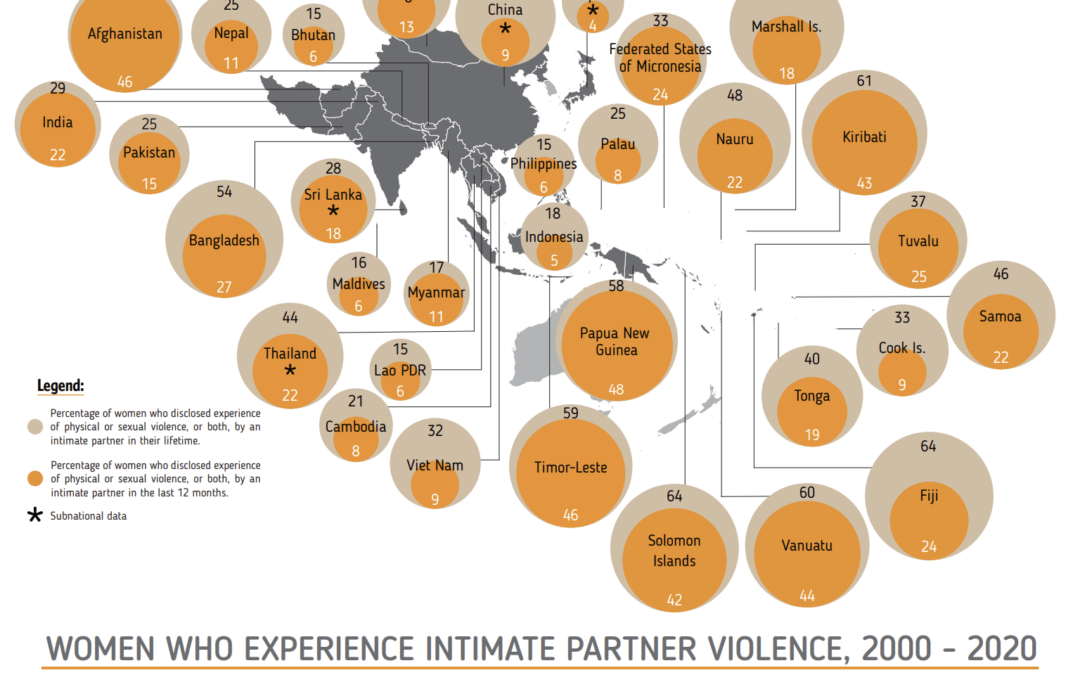
Violence Against Women – Regional Snapshot (2020) – kNOwVAWdata
2020 map of violence against women prevalence in Asia-Pacific region
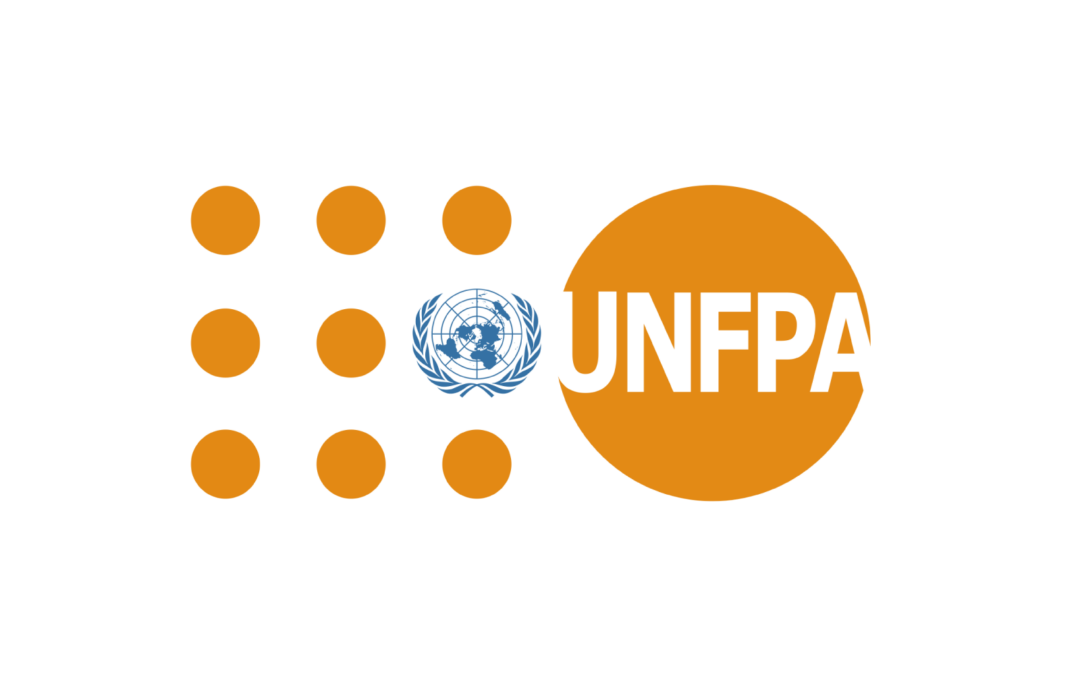
UNFPA Asia Pacific kNOwVAWdata dashboard
Data visualizations and reports from the latest national violence against women prevalence surveys in the Asia-Pacific region; Resources on violence against women data measurement, analysis and uptake; kNOwVAWdata updates; Real-life stories of the brave and compassionate individuals involved in measuring vitally important, nationally representative data on violence against women.
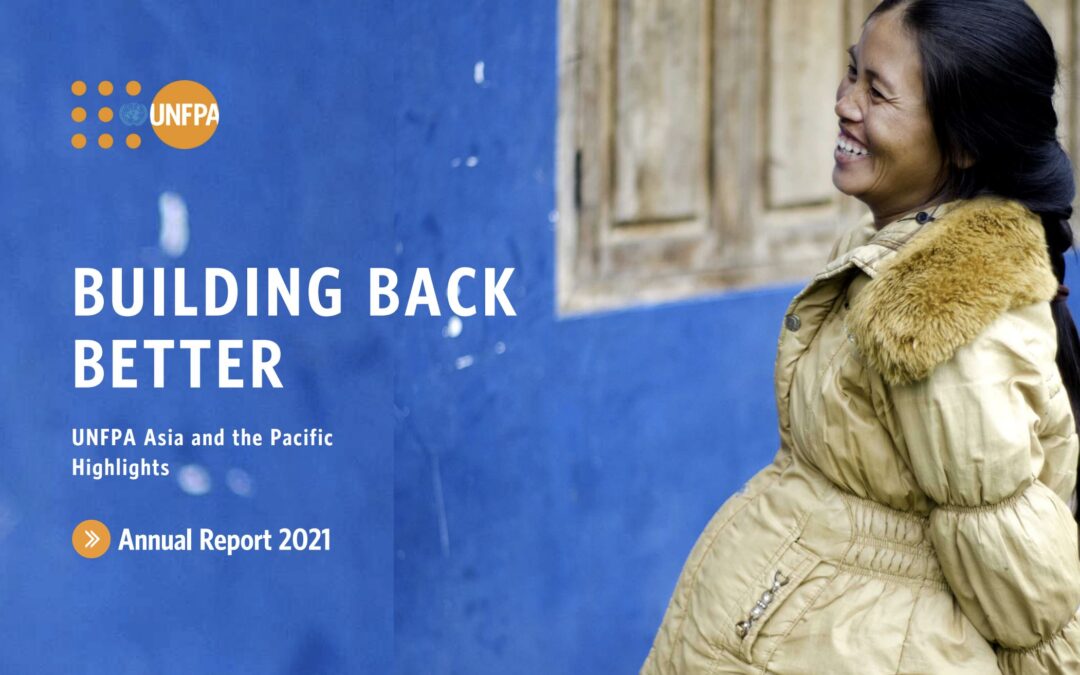
Annual Report 2021: UNFPA Asia and the Pacific
UNFPA across Asia and the Pacific outlining progress towards our transformative results of zero maternal deaths, zero unmet need for family planning, and zero gender-based violence and harmful practices against girls and women.
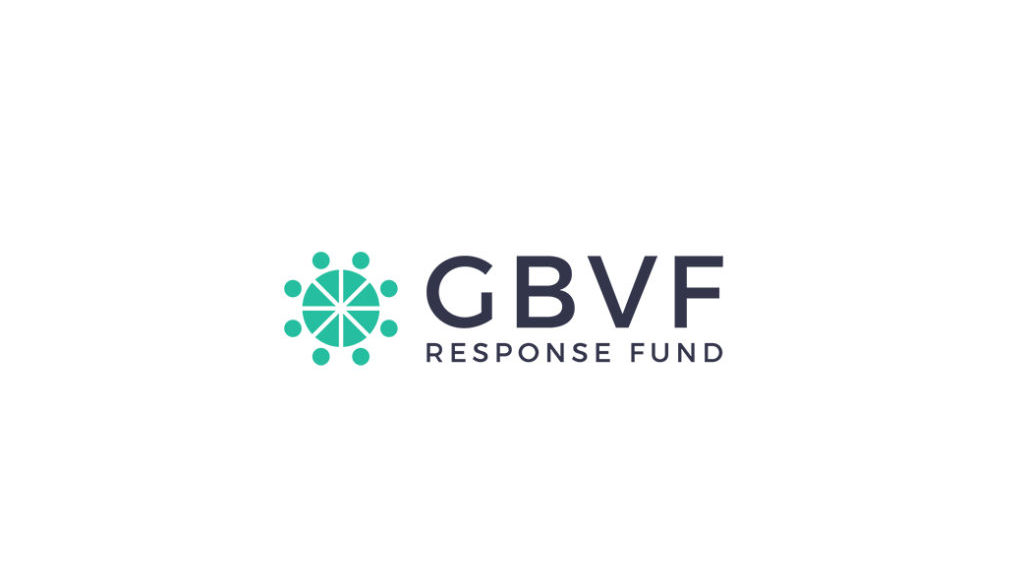
GBVF Statistics Dashboard
This dashboard is a comprehensive visualisation and monitoring tool of available data related to gender-based violence and femicide in South Africa. Data Sources include Victims of Crime (VOC) survey data, the South African Police Service (SAPS), and the National Prosecuting Authority (NPA).
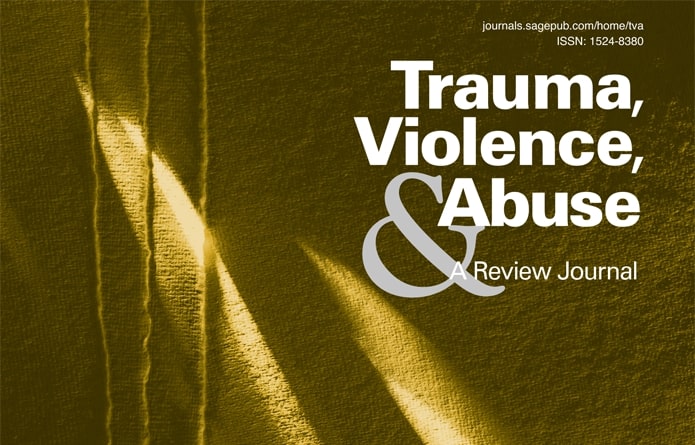
Survey data sets pertinent to the study of intimate partner violence and health
This article describes some currently available survey data sets that contain information regarding women's experiences of intimate partner violence and health, identifies a number of the strengths and limitations of these data sets, and makes recommendations concerning the types of survey data that should be gathered in the future to help move the field forward.
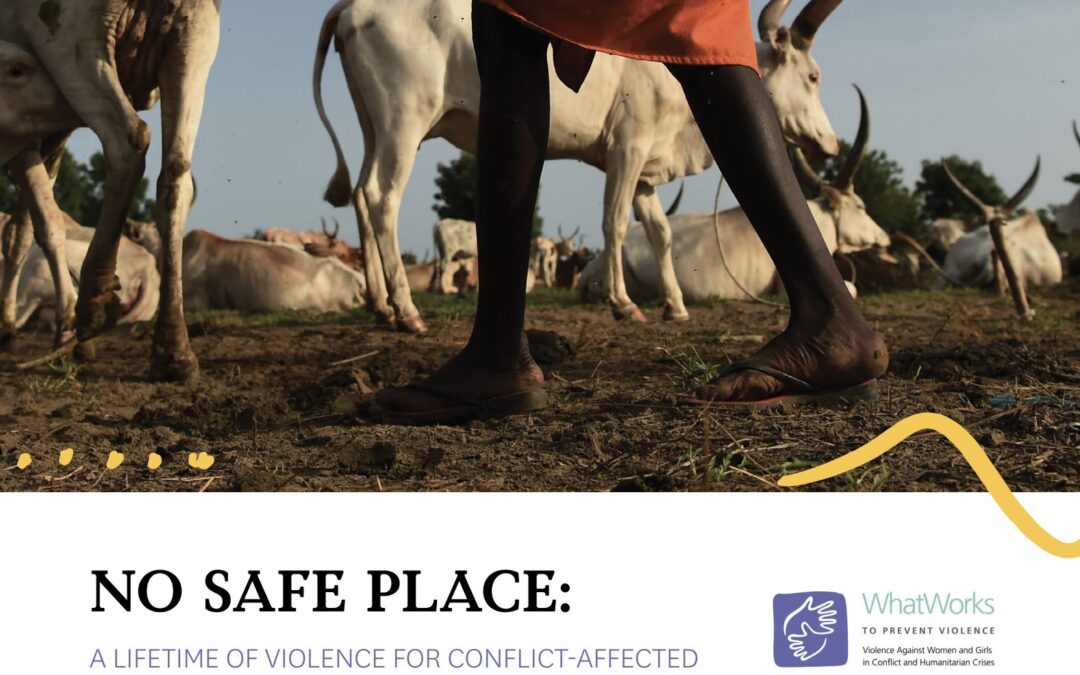
No Safe Place: A Lifetime of Violence for Conflict Affected Women and Girls in South Sudan (Report)
This is the first large-scale research study of violence against women and girls (VAWG) in several areas of South Sudan that have known war and conflict for many years.
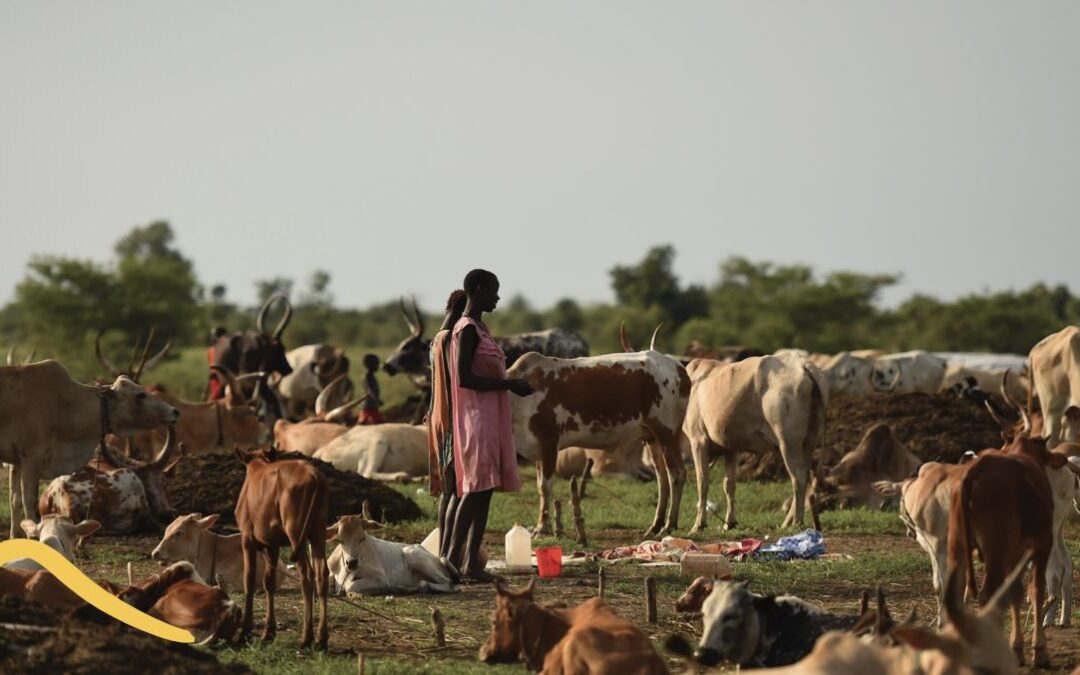
No Safe Place: A Lifetime of Violence for Conflict Affected Women and Girls in South Sudan (Policy Brief)
This brief highlights research aimed at filling substantial gaps in understanding of violence against women and girls (VAWG) in humanitarian settings, including whether or not there is a correlation between increased national conflict and VAWG.
